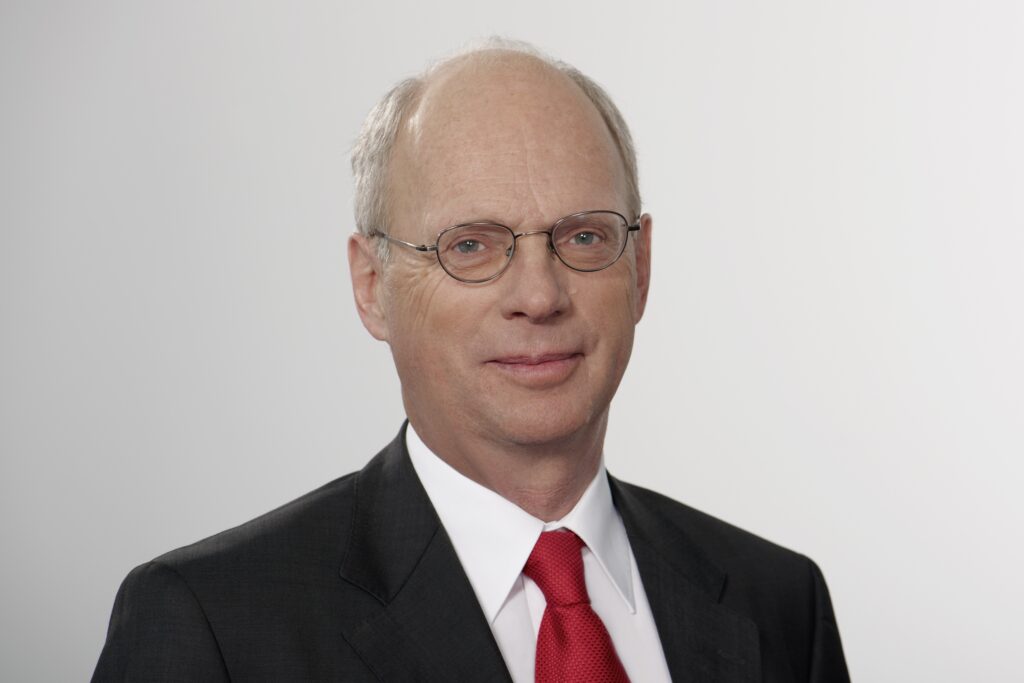The IMMM celebrates its 25th anniversary
Many excellent speakers from all over the world have been invited to present important and interesting topics around stroke – from acute care to rehabilitation. Below please find the program for downloading.
Due to this anniversary, we asked Dr. Hillebrand for an interview.
Interviewer: Dear Dr. Hillebrand, 25 years ago, the International Medical Mondsee Meeting (IMMM) was founded under your management, and you may well remember the beginnings.
Dr. Hillebrand: The IMMM was established as a specialized medical training event for small groups of physicians from Asia and the opening Eastern Europe in 1993. Our guests were very impressed by their first visit to a Western European country during these years. Austrian as well as international experts held lectures and workshops and the focus of medical topics during the IMMM came from the field of neurology.
Interviewer: Are you satisfied with the development of this meeting and its basic conceptual orientation? Has the IMMM always been able to fulfil its purpose as a medical advanced training event?
Dr. Hillebrand: From the small beginnings in the first years, the IMMM has become a popular training event, which is being developed for an increasing number of doctors from numerous countries. Depending on the interest and medical attractiveness, further education topics were offered outside of neurology. The concept and topics of the event were so well received that the opportunities in Mondsee became too small and the meeting turned into a congress that found its home in Salzburg.
Interviewer: In recent years, there has been a thematic focus on acute stroke treatment, most recently rehabilitation topics were included. Which topics should the IMMM devote more attention to in future? Where do you see the main topics in the coming years?
Dr. Hillebrand: In recent years, there was a lot of progress in stroke therapy and therefore the scientific program of the IMMM tried to take up these latest developments in evidence based medicine: Stroke units, thrombolysis, early mobilization and comprehensive treatment approaches including rehabilitation strategies. These were in the focus of the IMMM and communicated by world leaders in their respective field.
I also think that the so called silent epidemy – traumatic brain injury - should be more in the focus of medical education. There is a high incidence rate worldwide, especially in the developing world. Traumatic Brain Injury poses a devastating problem for individuals and a huge burden for the society.
I am personally convinced that this is an area of high interest for medical professionals from all over the world and that EVER can give a contribution to improved knowledge and ultimately to better care for these patients. We should also put more focus on the long-term consequences after stroke and TBI, especially on cognitive and mood disorders. I think that the IMMM program for 2018 already reflects this importance to a large degree.
Interviewer: Did you have any outstanding milestones or events that you particularly like to look back on during this time?
Dr. Hillebrand: Since founding the IMMM, a special milestone for me was to welcome more than 200 doctors from more than 30 countries worldwide at a single meeting. It was always a great pleasure for me to see the lively interest of physicians who are working in widely varying medical systems, to see their stimulating exchange of experience and seizing the opportunities offered by an international network of medical experts.
This combination of knowledge transfer and personal exchange of experiences is a key element of the IMMM. In this context, it is particularly worth mentioning that we have established a close research cooperation with important academic institutions in Salzburg, such as the Paracelsus Medical University and the Paris Lodron University. We very much appreciate the high level of pharmacological and clinical expertise in Salzburg and the proximity to our company headquarters located in the country of Salzburg. Overall, I think that the most important role of the IMMM is that it offers a chance to fulfil our obligations of social responsibility towards patients. Therefore, it is with some pride and satisfaction that I find myself here and that we altogether can help patients suffering from various neurological disorders to improve their quality of life.
Dr. Hillebrand was interviewed by Mr. Axel Kohlmetz
